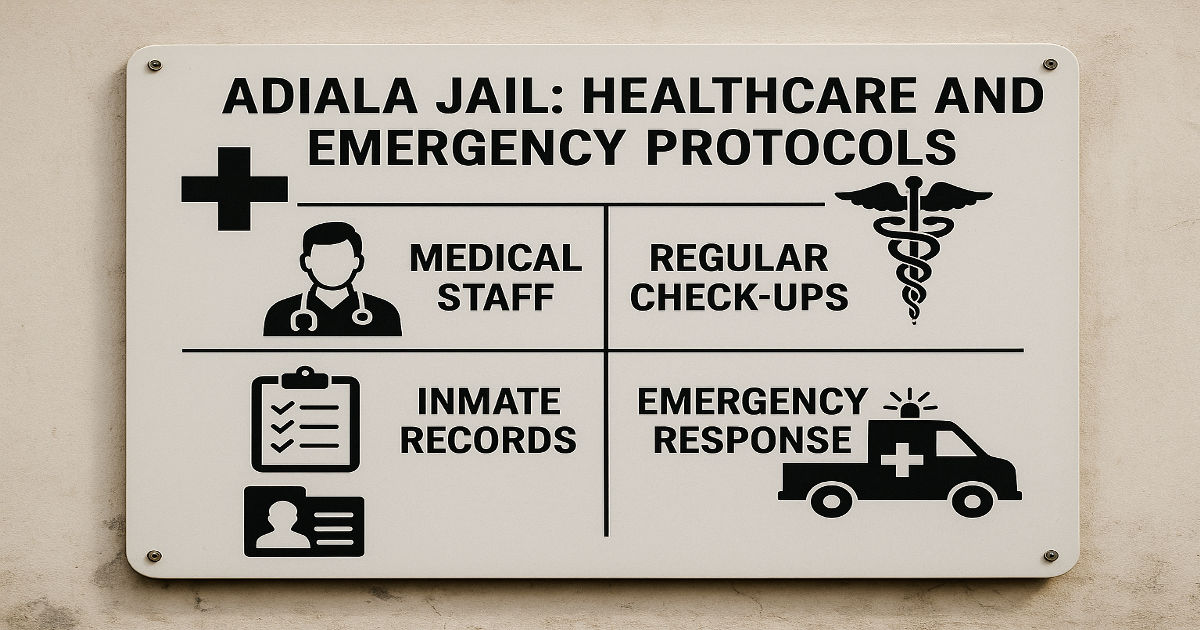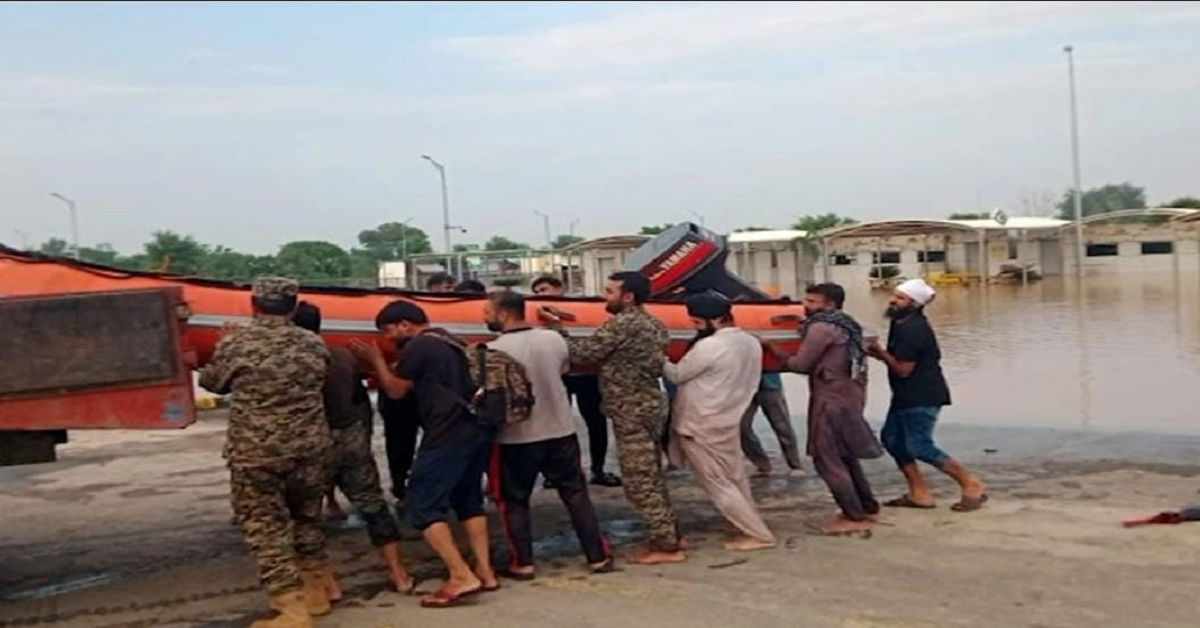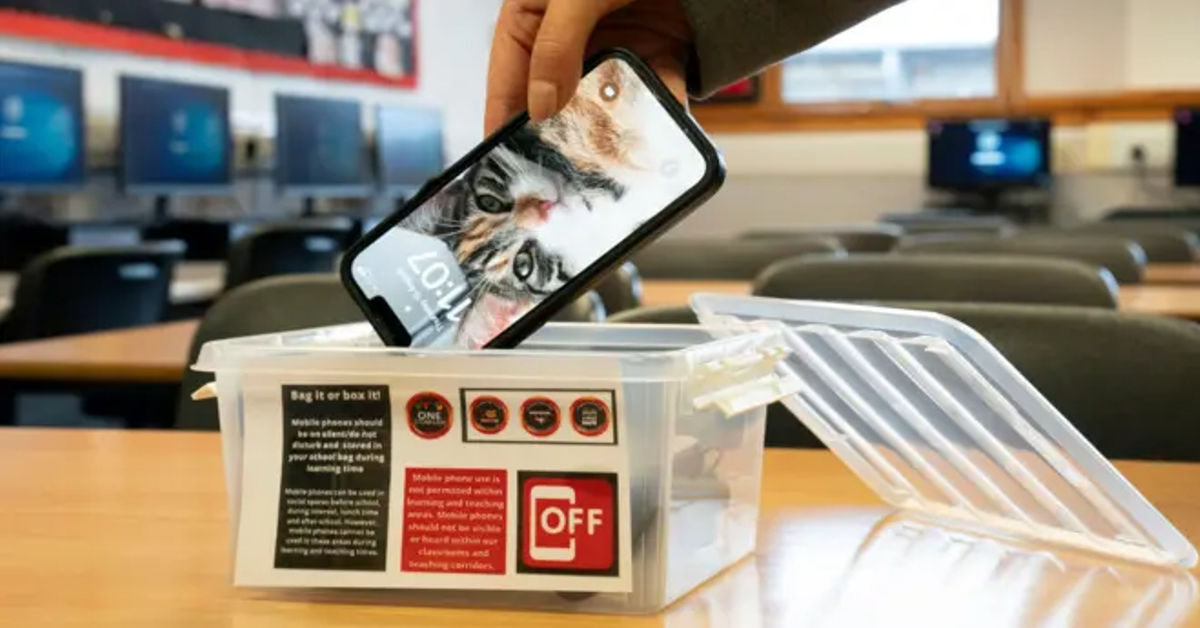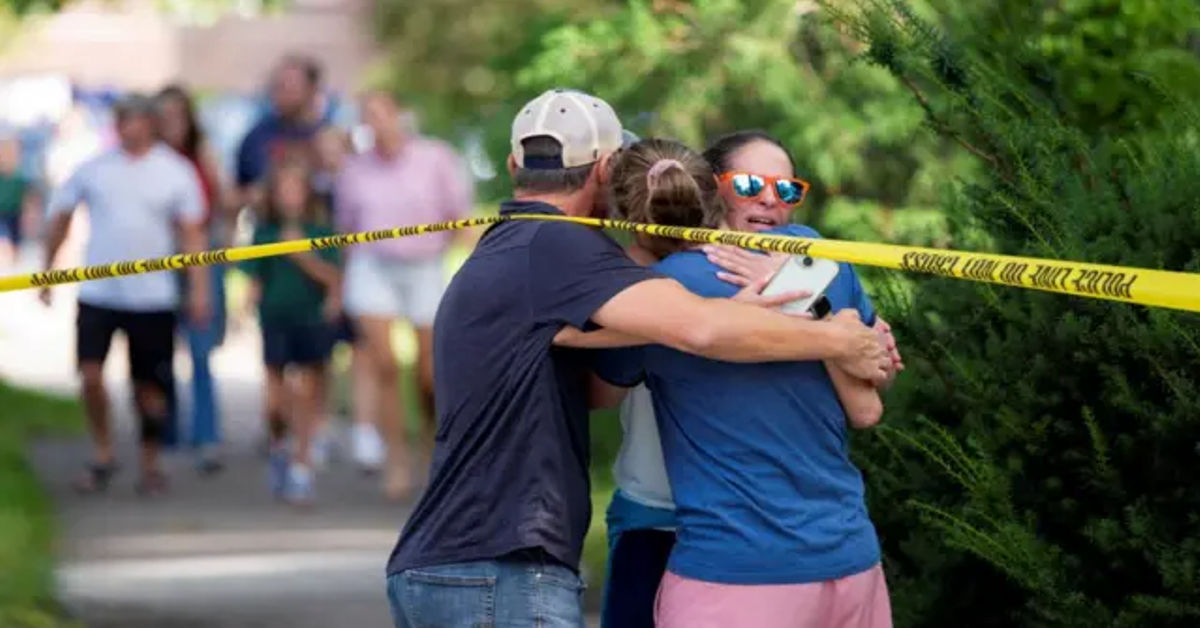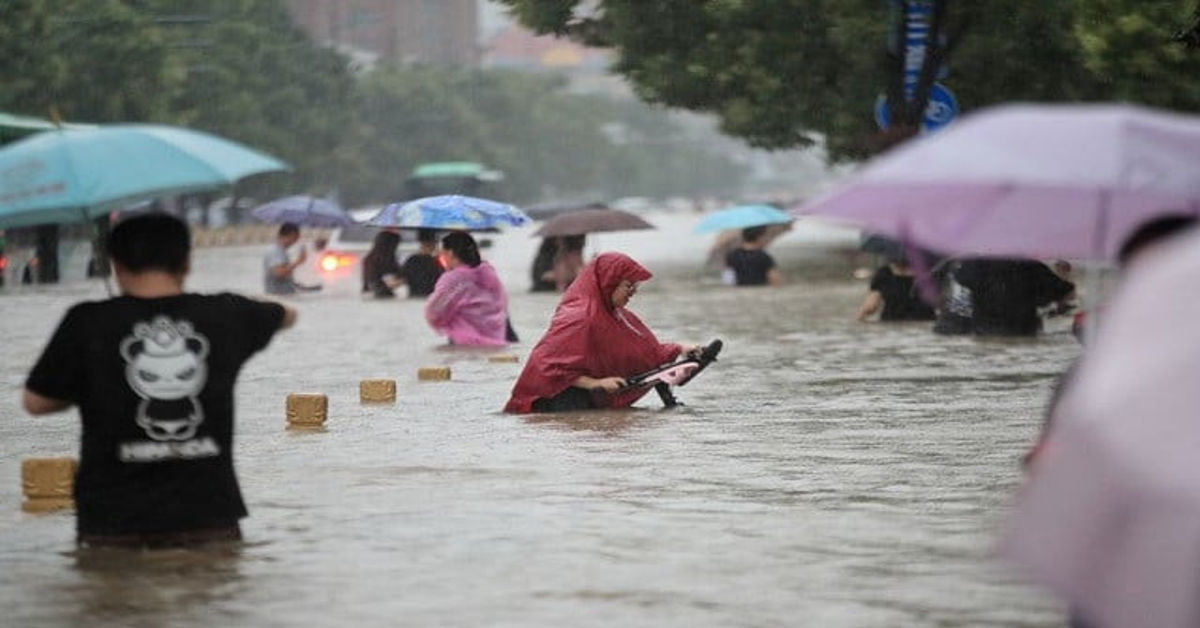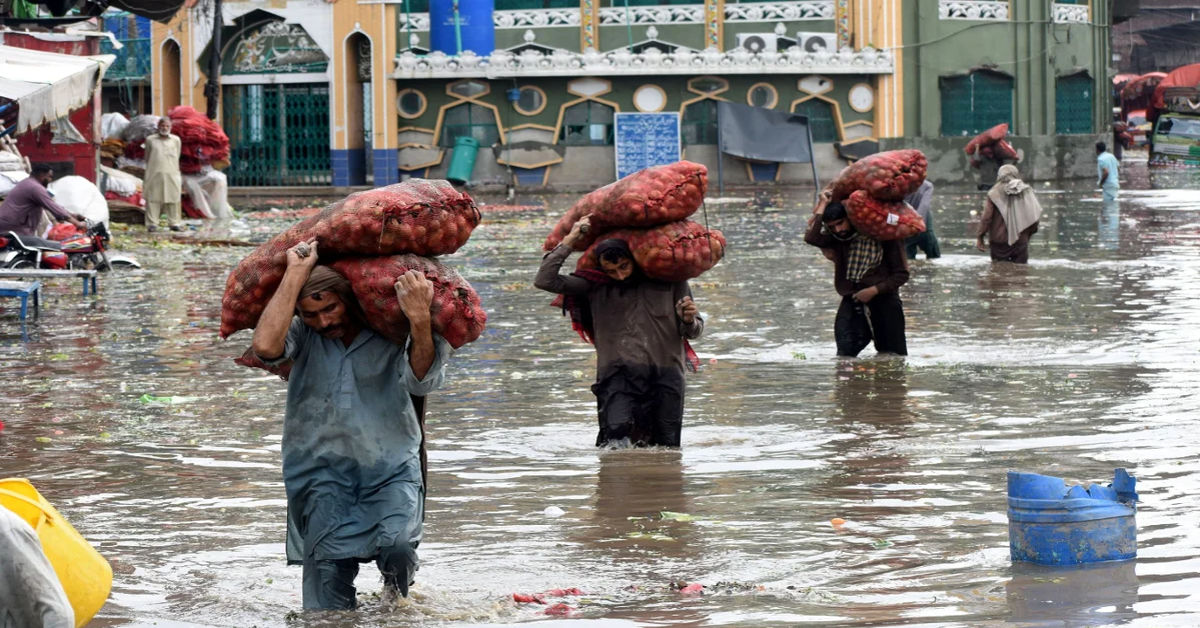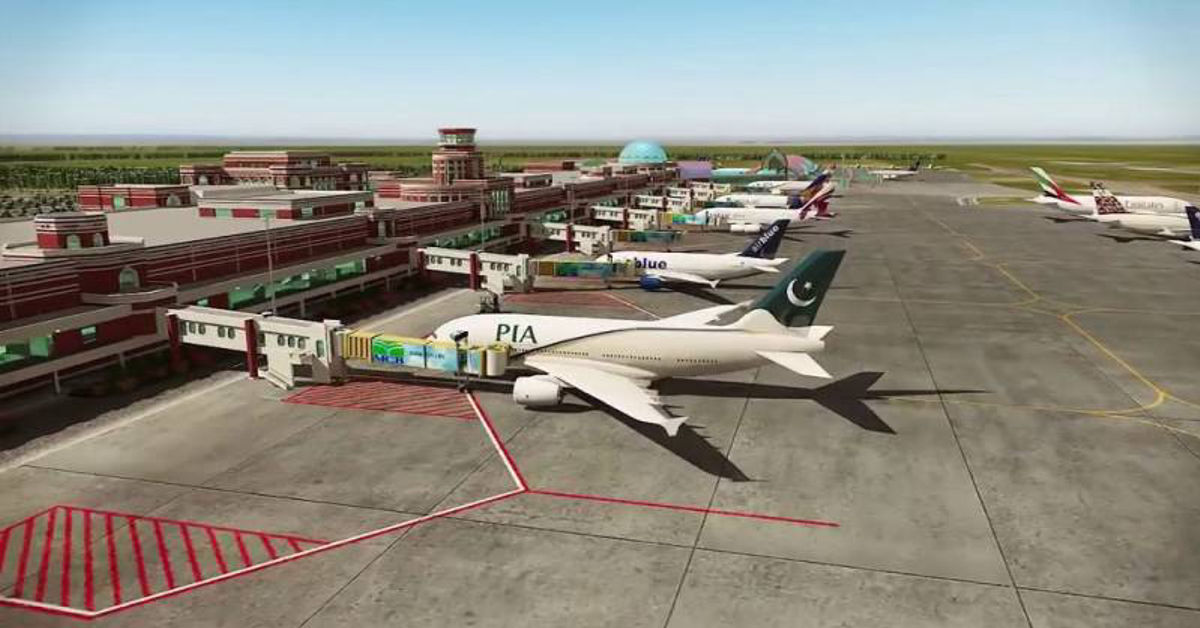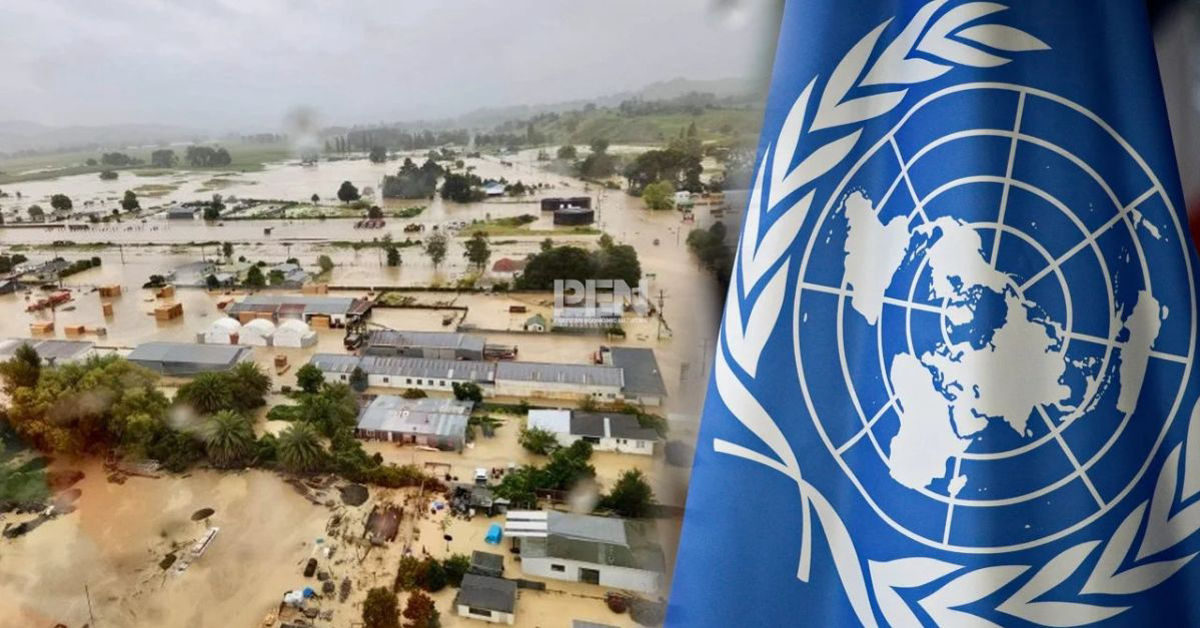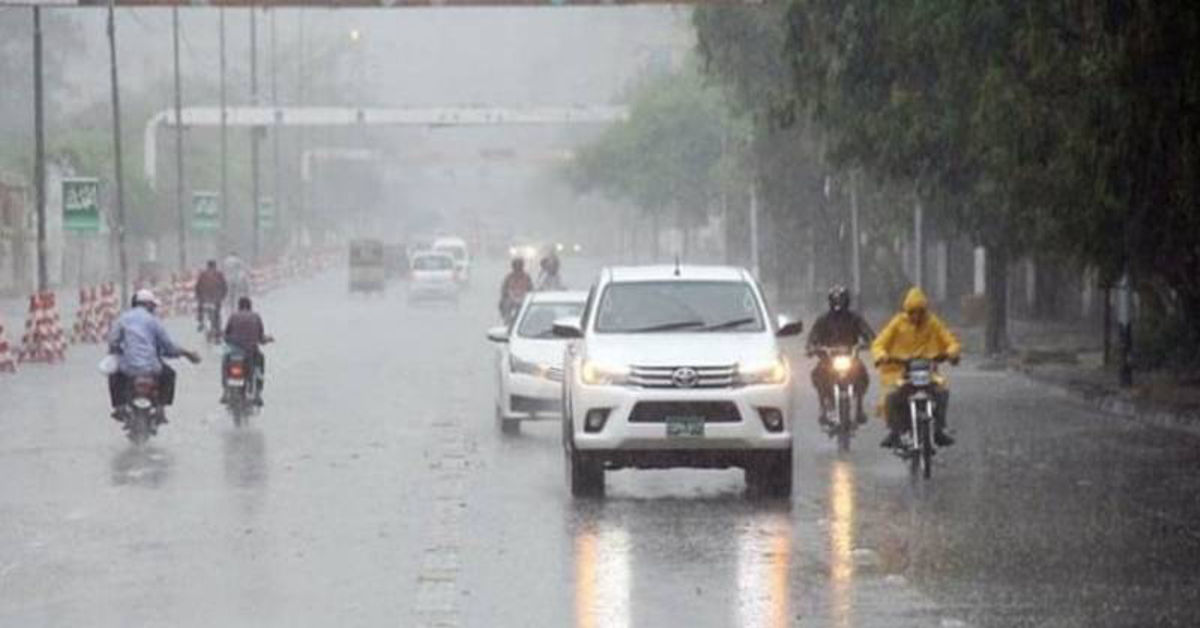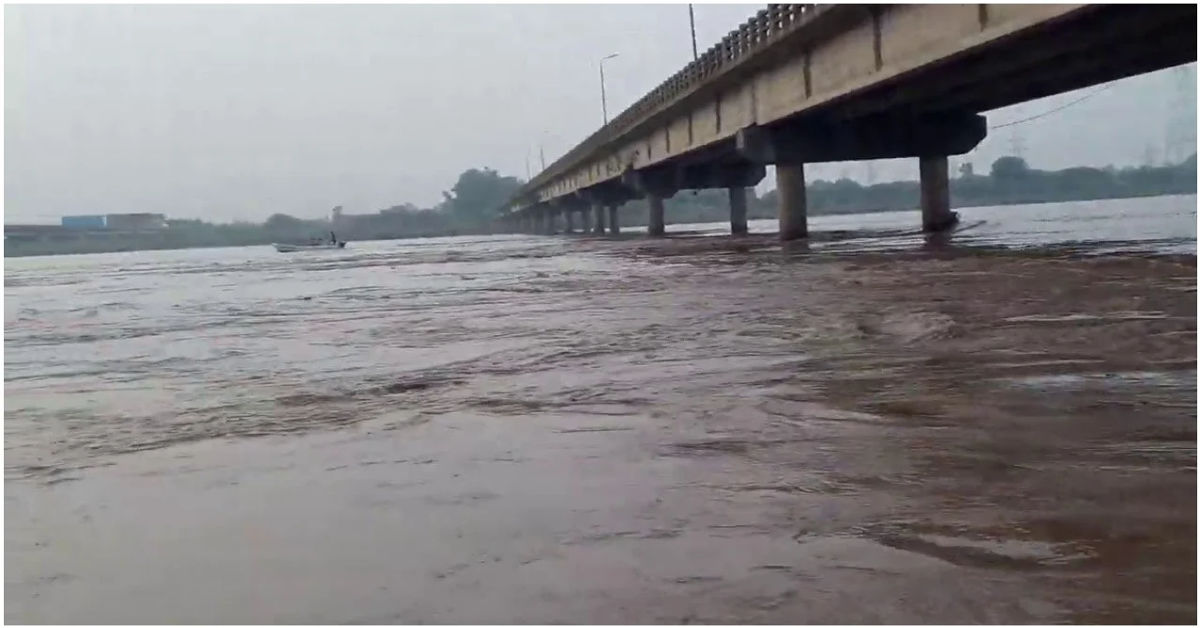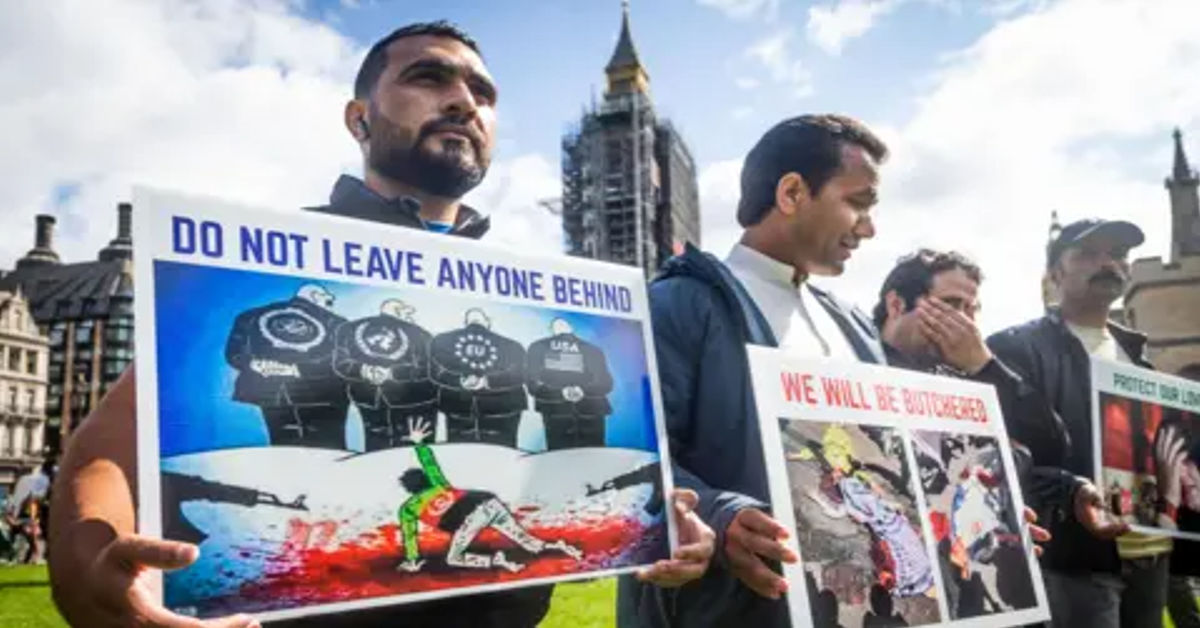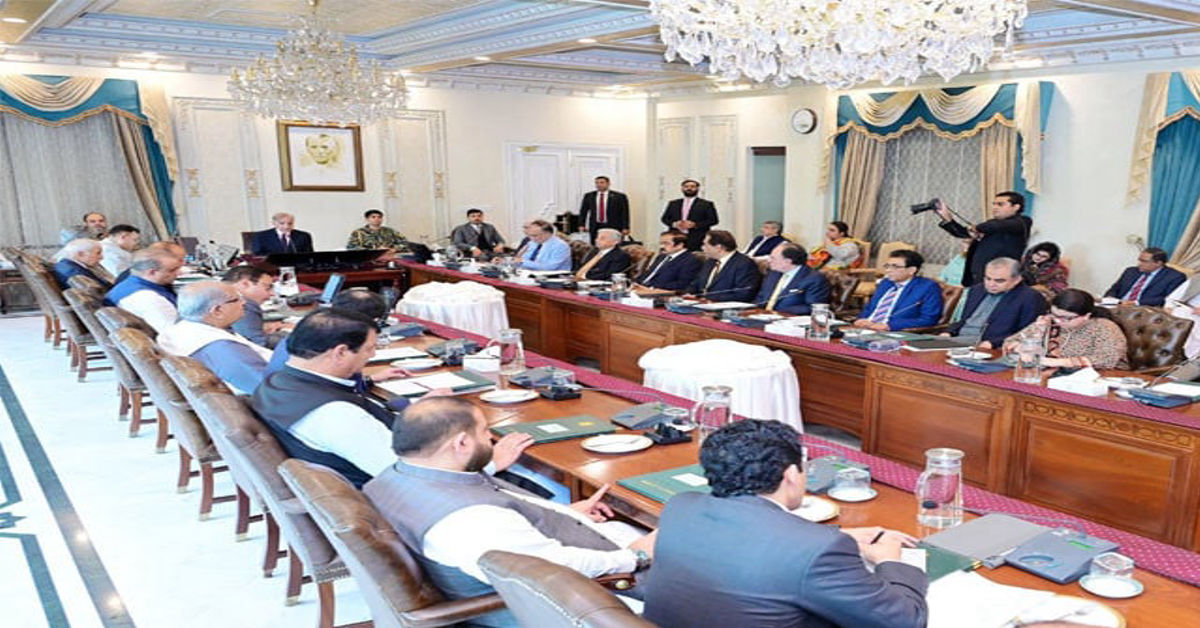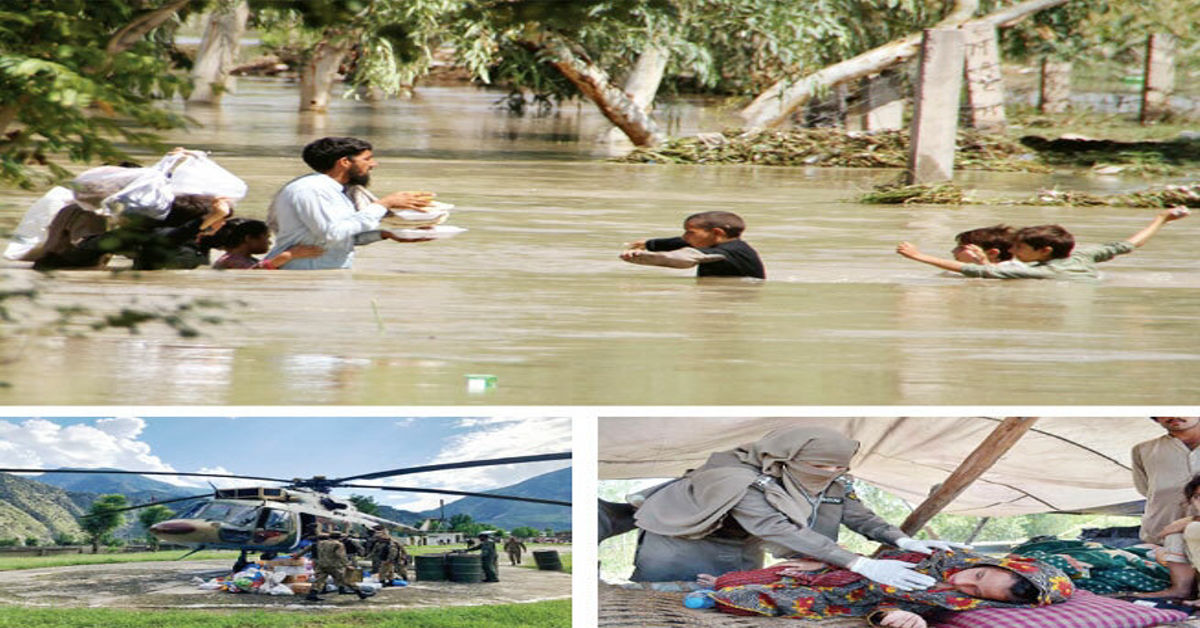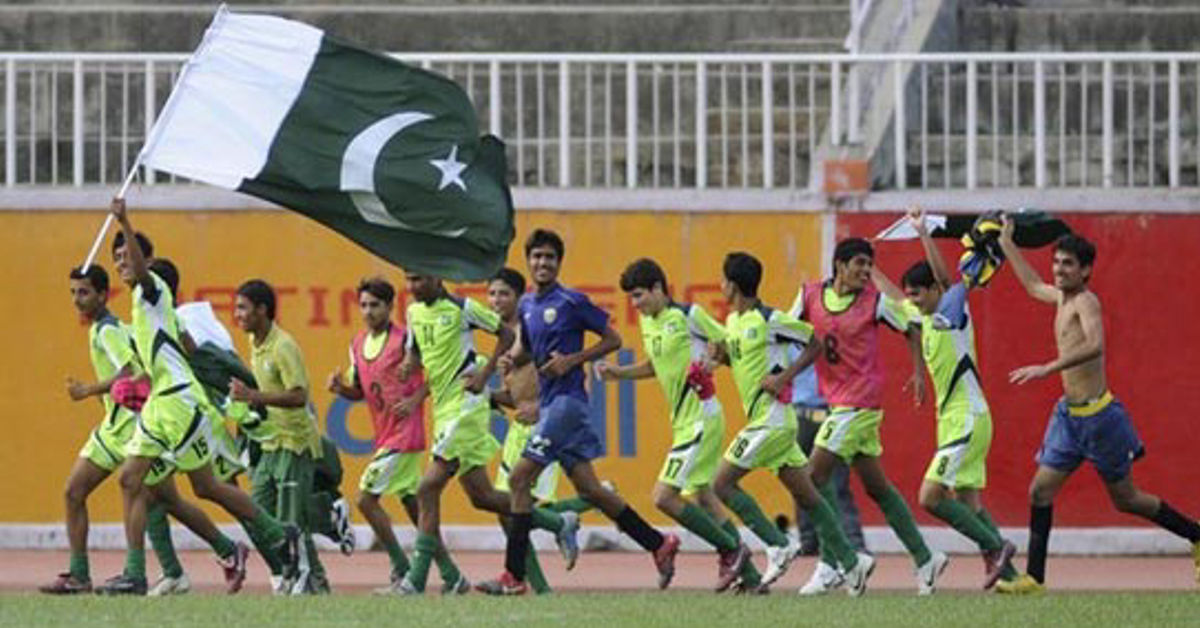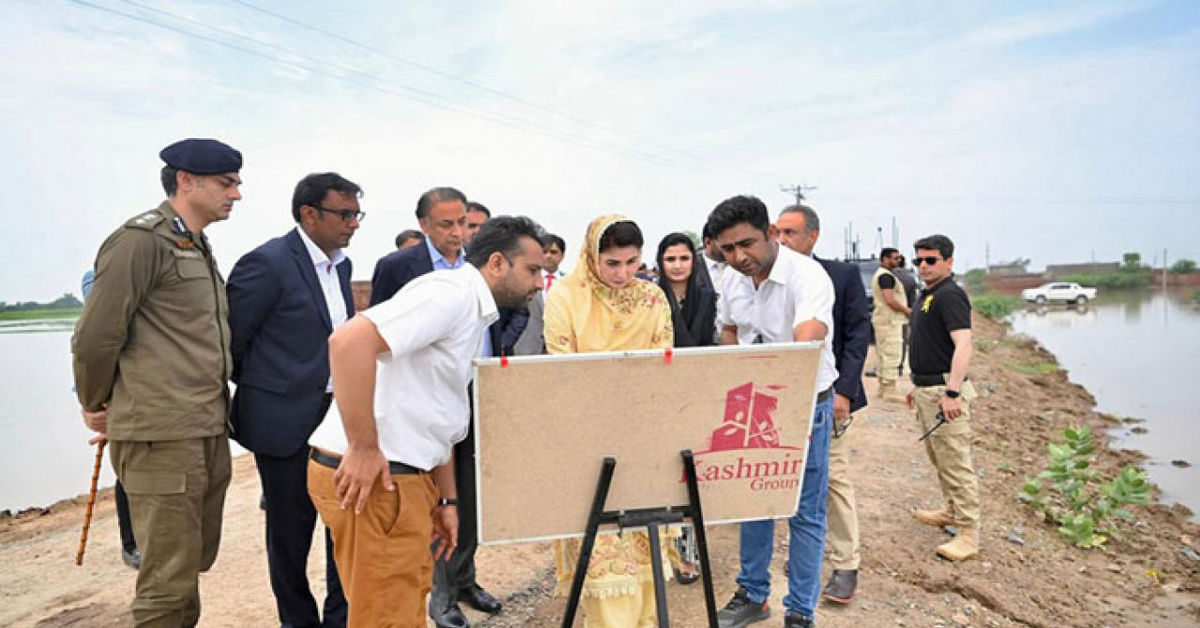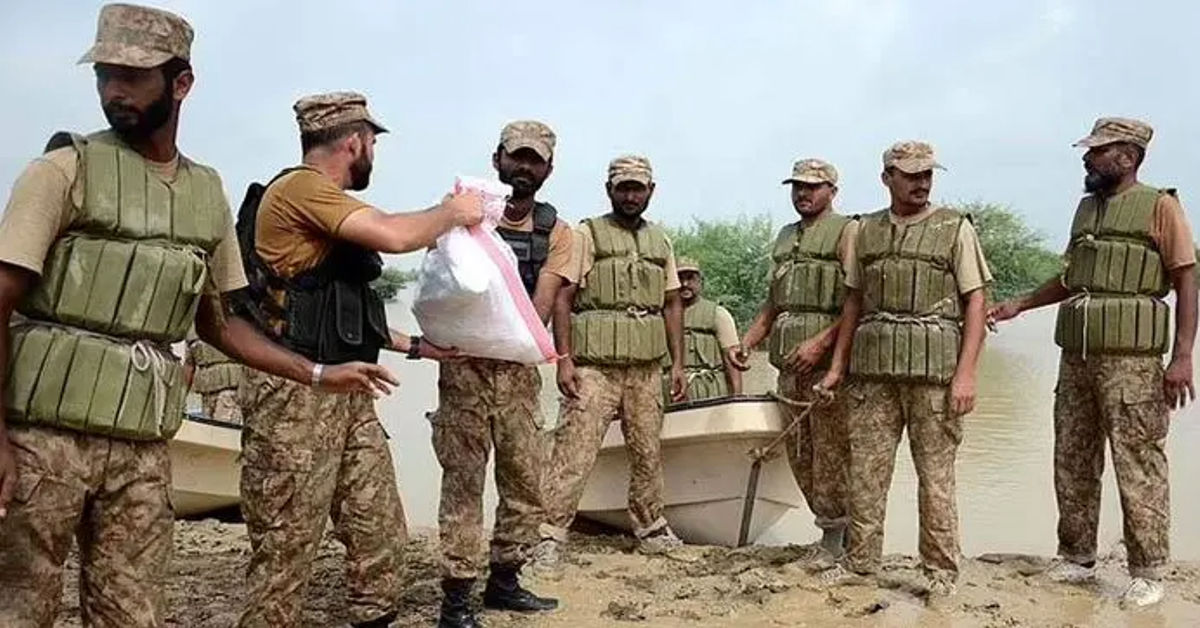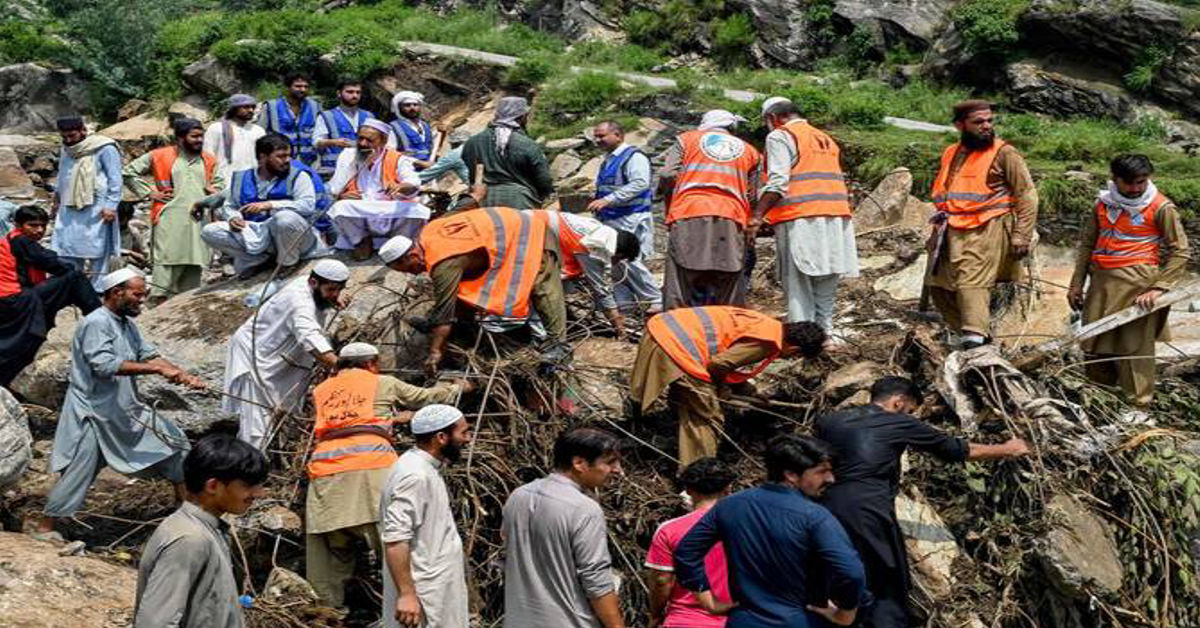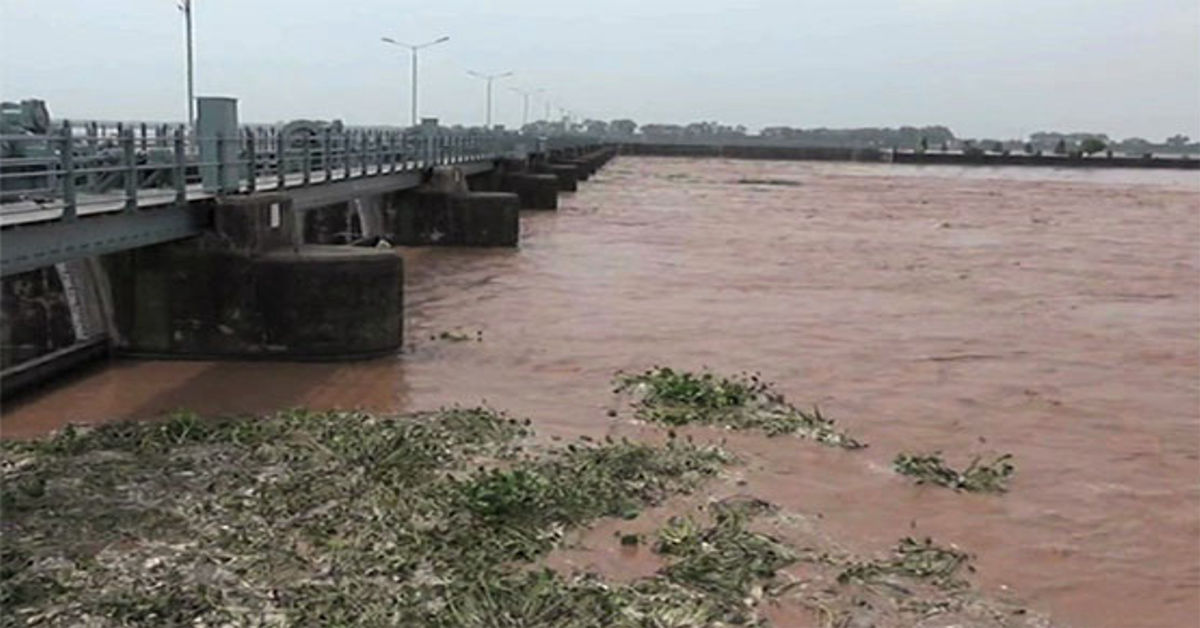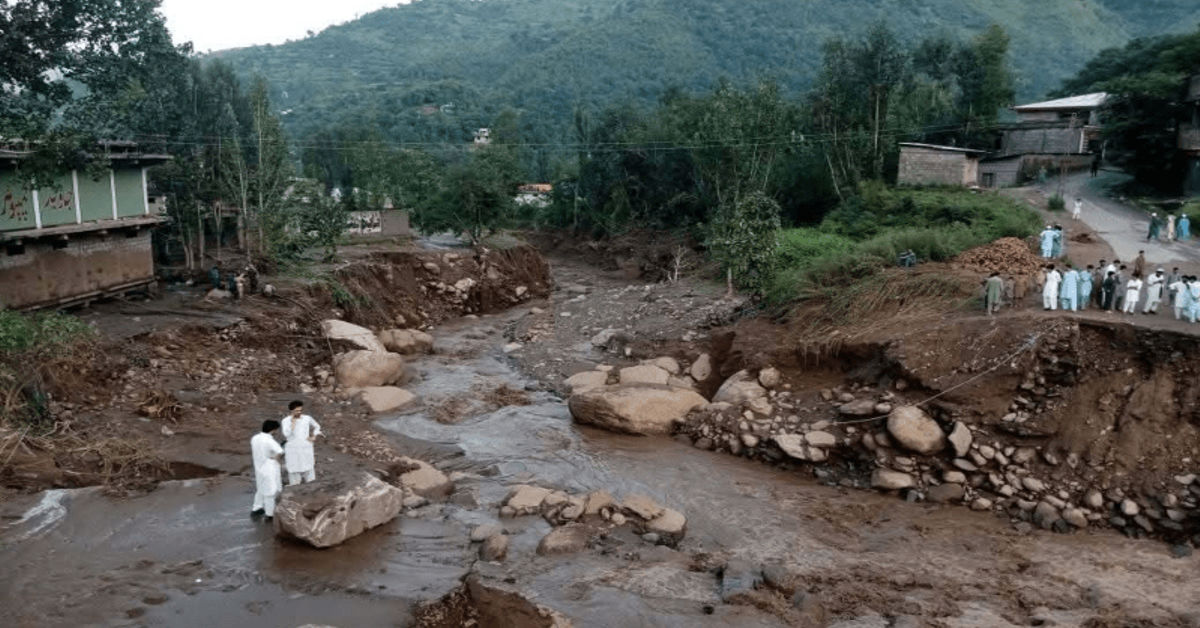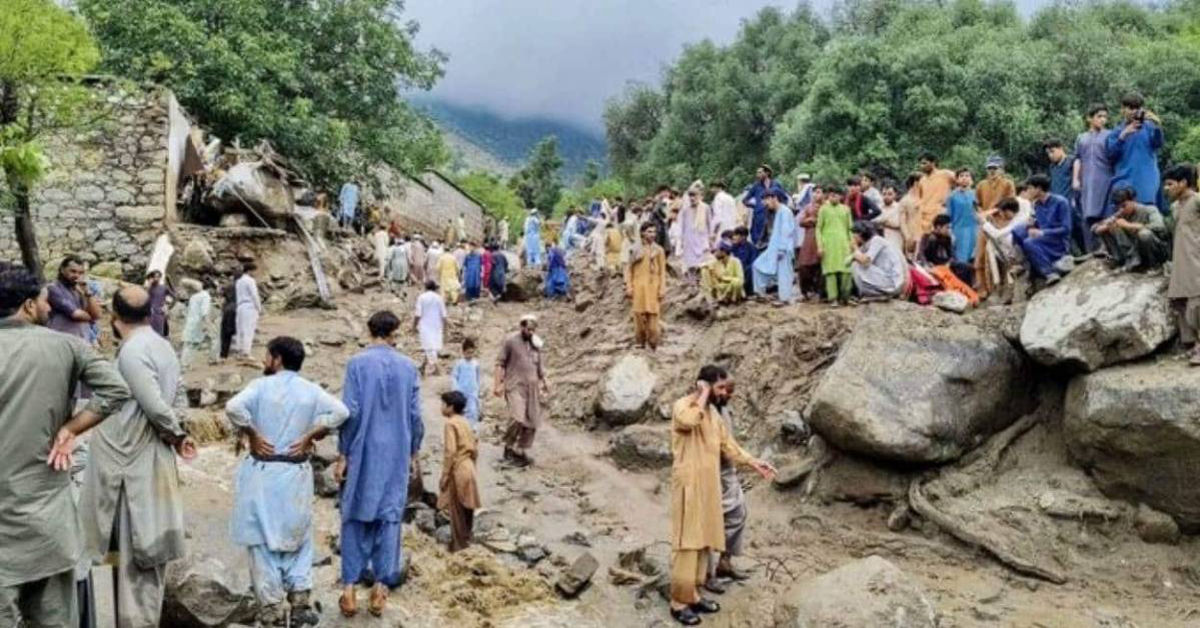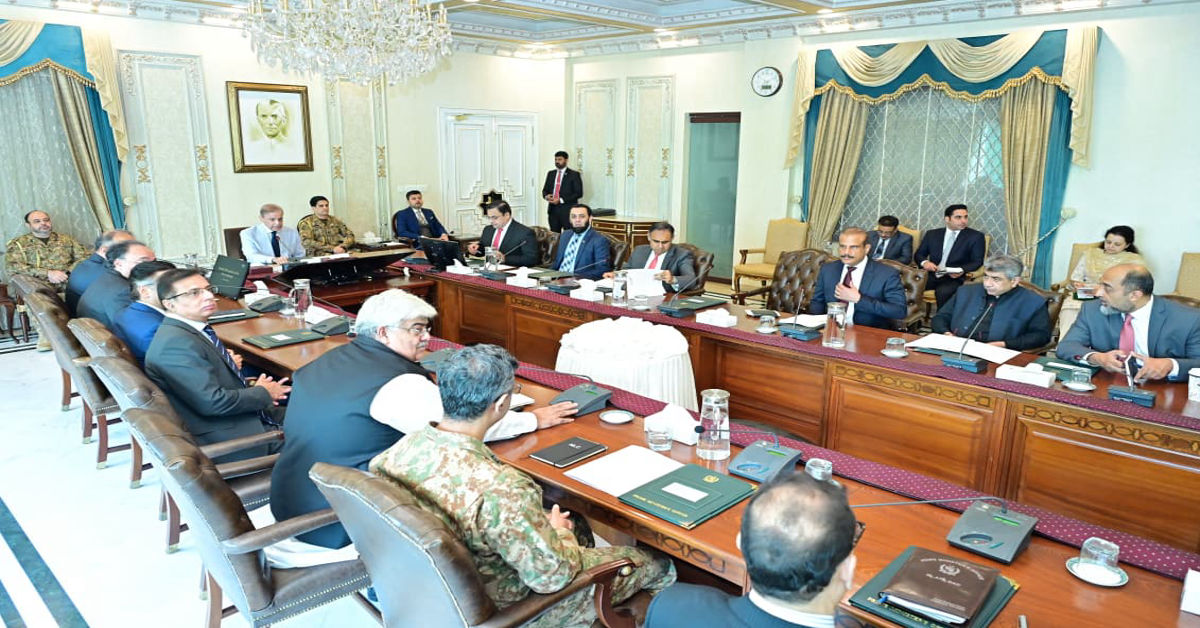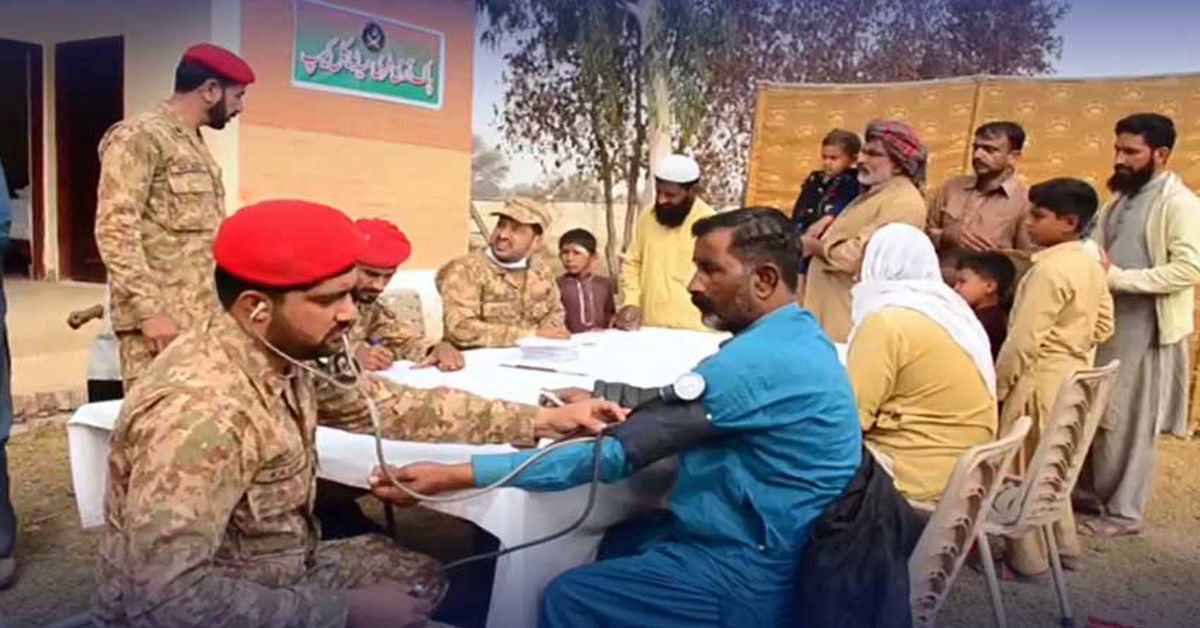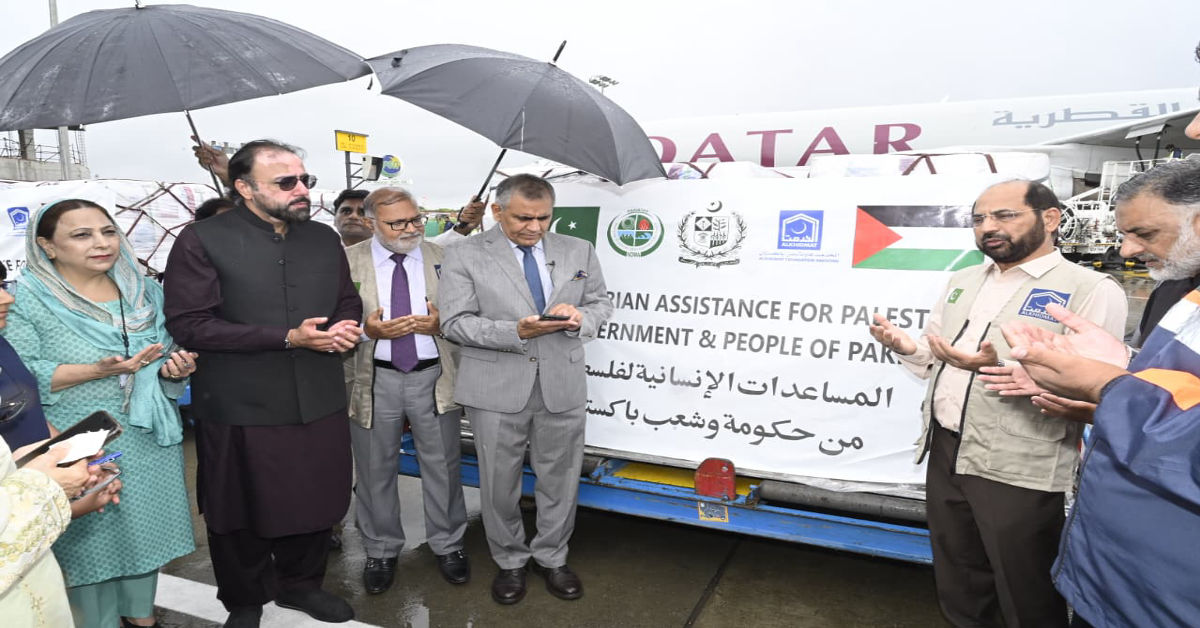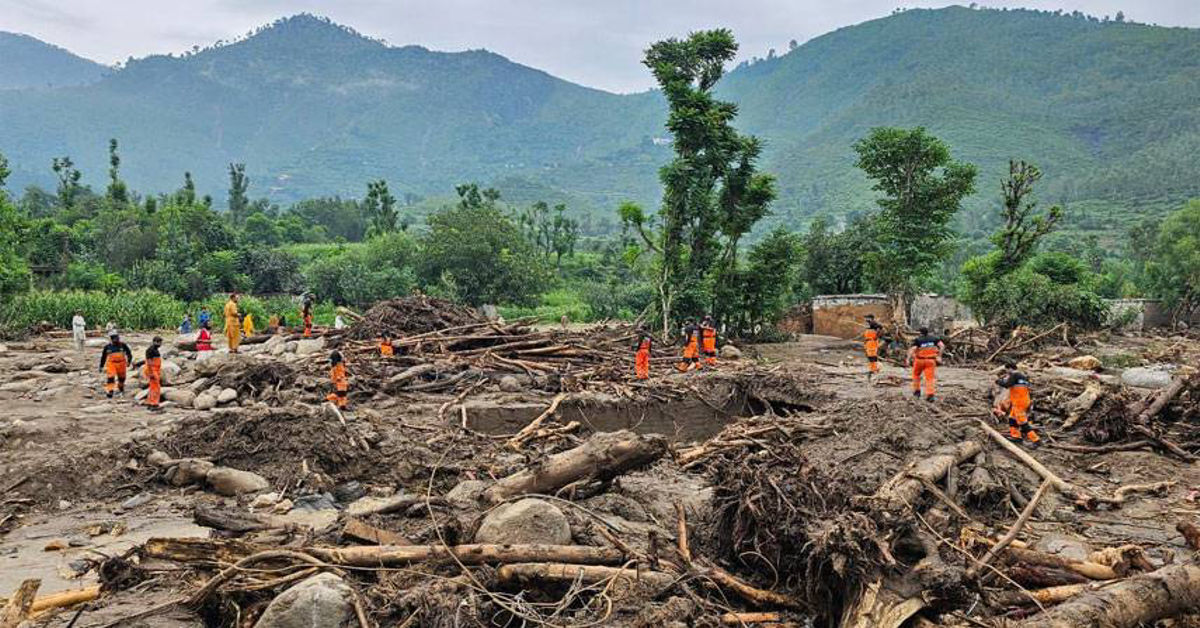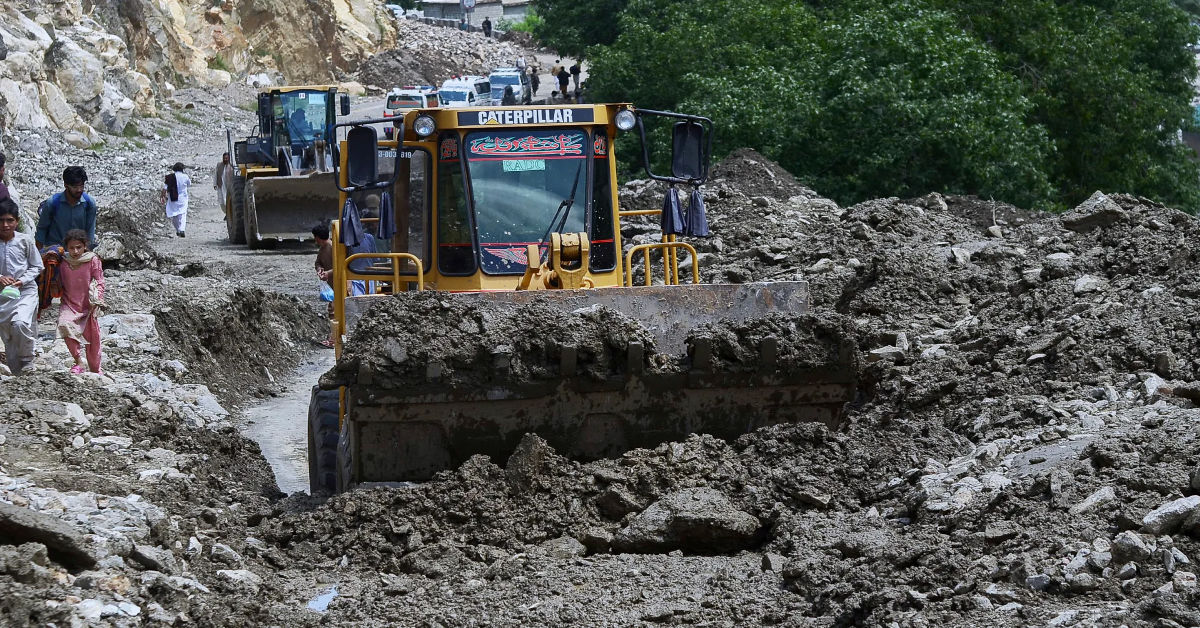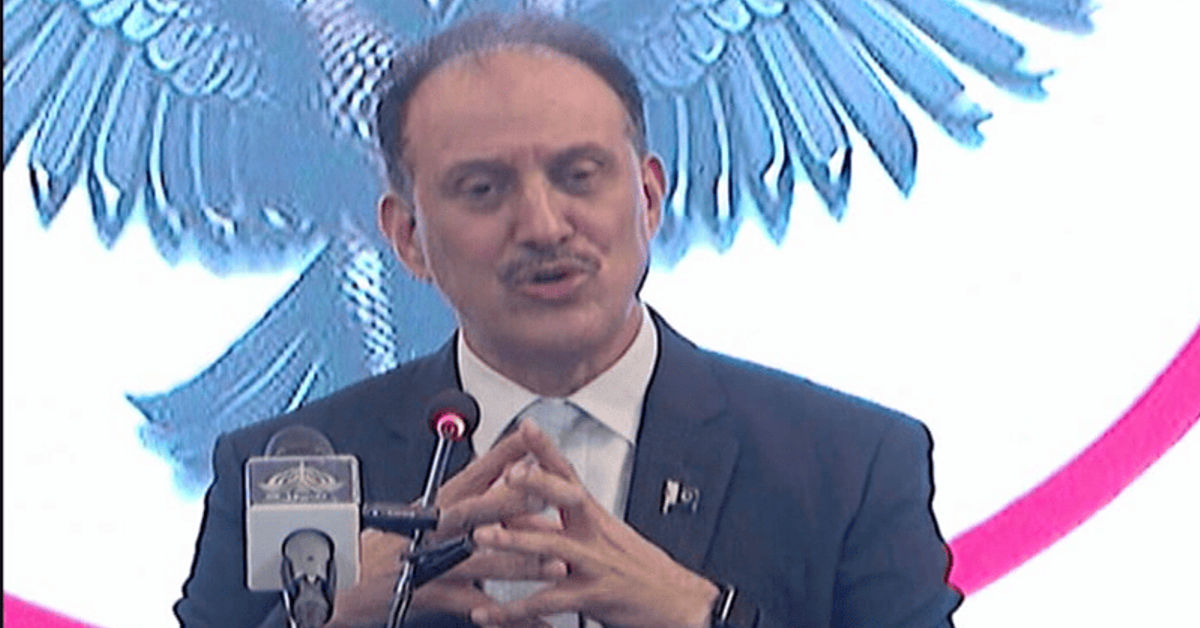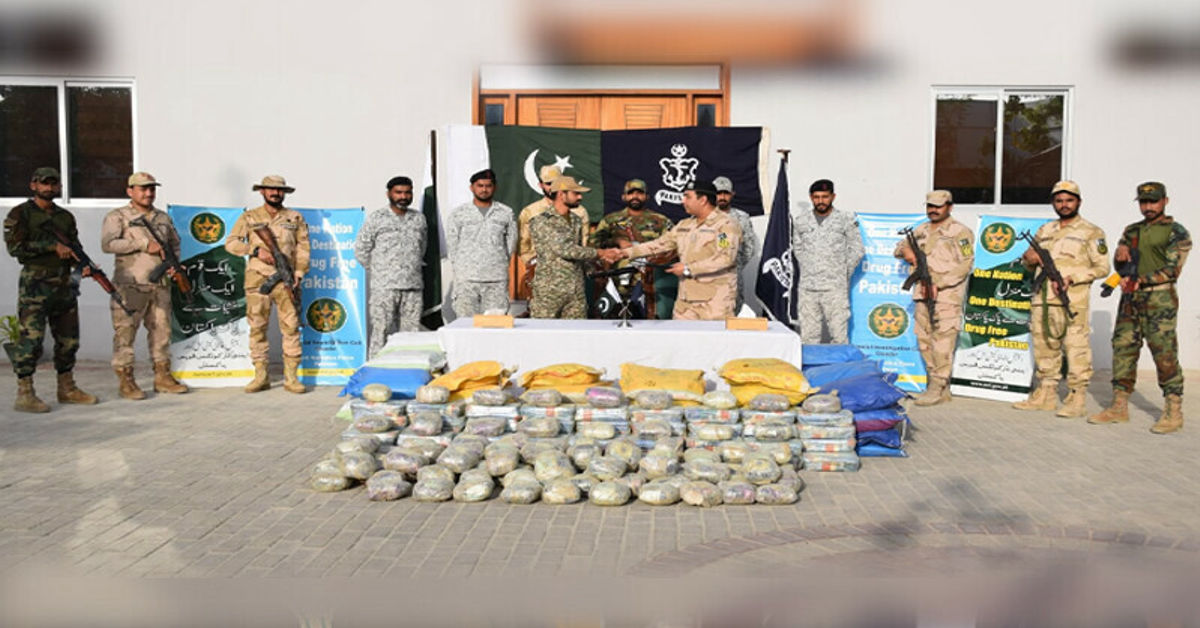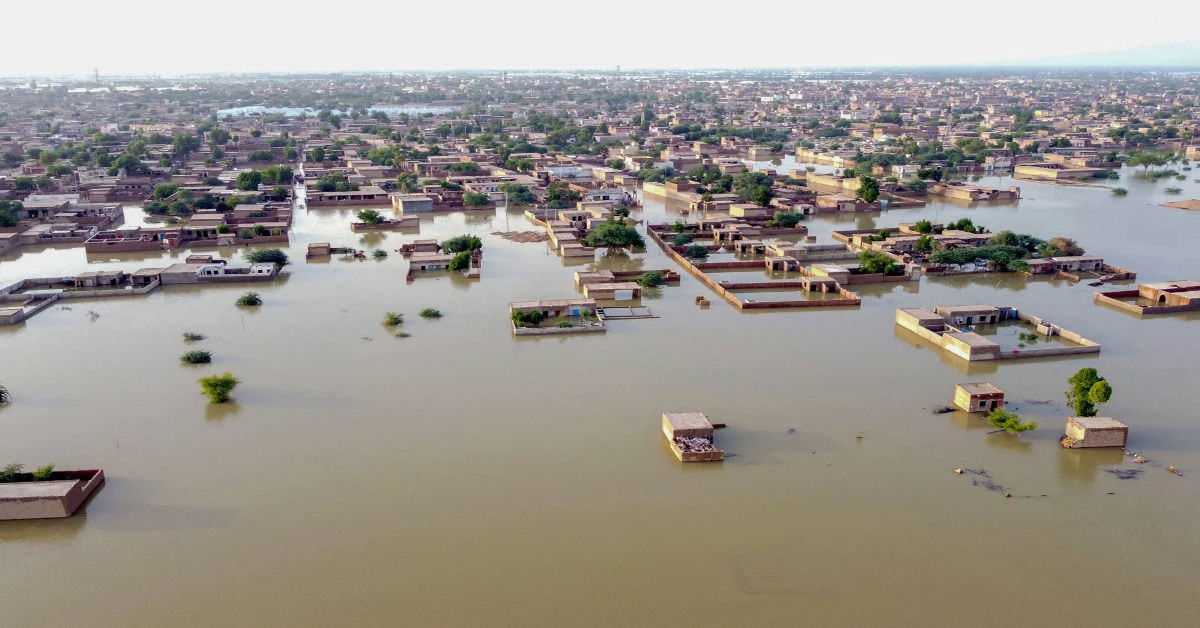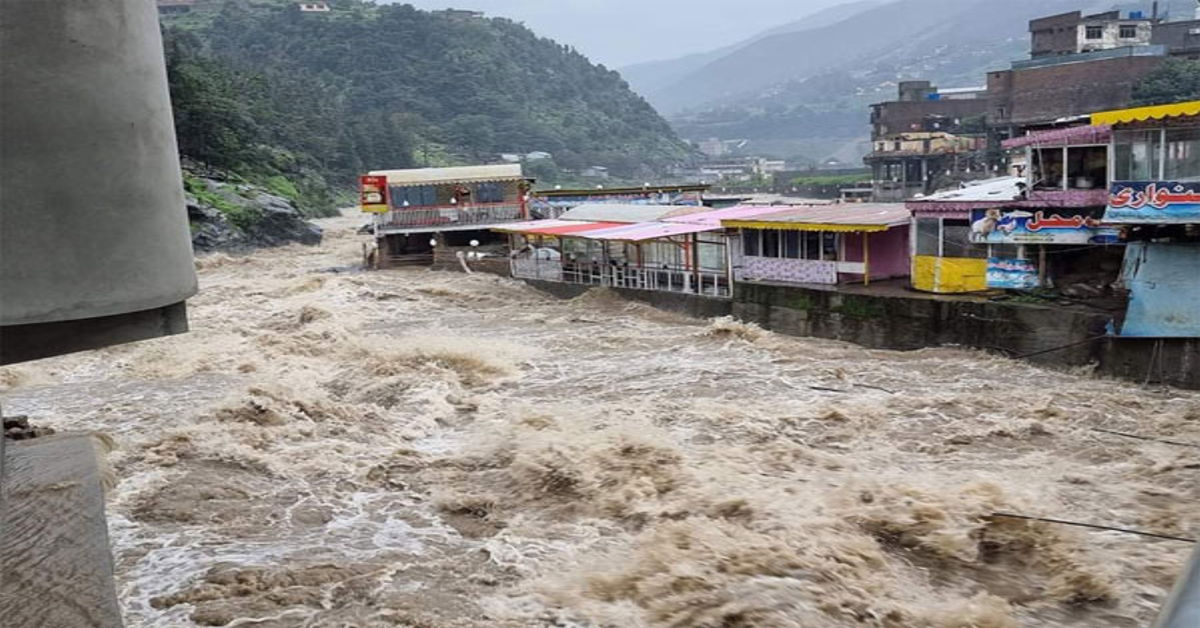
On a peaceful morning in May 2024, the people of Khuzdar and the rest of the country were shocked by a dreadful event when army public school bus was hit by a bomb blast. The bus, which was taking students to a government-run school, was struck by an IED (improvised explosive device) planted on the road, local officials said. The blast killed a minimum of three children instantly and injured more than a dozen others, some of them critically. A routine journey to school turned into a terrifying ordeal of smoke, fire and blood.
A Community in Mourning
The assault has left the community of Khuzdar in shock. Emotional scenes accompanied the funeral prayers for the dead children, as parents and teachers openly wept. “I packed his schoolbag in the moorning. Now I’m filling his grave,” said one father. District schools were closed temporarily as a safety measure, and educational activities in the region have been halted. The government has announced compensation for the victims’ families in the Balochistan, but no amount of money can compensate the families for the loss of young lives.
Anarchy and Emergency the Chaos of Now
Witnesses said the aftermath was horrific. Broken glass, shredded school uniforms and overturned books were left over the blast site. The driver of the army public school bus, injured but conscious, found a way to call for help. Local people and rescue workers shifted the injured to the Khuzdar District Headquarters Hospital where some are in a critical condition. Doctors were called in from neighboring towns, and some injured were later taken to Quetta for specialized treatment. Security forces cordoned off the site and launched a search operation but there were no arrests reported yet.
The psychological scars on young minds
Looking past how many children had to go through the horrors of seeing and surviving their class mates violent deaths, one has to wonder about the psychological long-term effects. Simply stated, Pakistan has no mental health infrastructure, and things are even worse in Baluchistan. Psychologists and child psychologists in particular cannot emphasize the importance of psychological debriefing for the survivors. Without it, the children would grow up with a number of possible PTSD-based disorders and would not receive proper education and open-mindedness opportunities.
Education crisis in Balochistan worsens
Balochistan already has Pakistan’s lowest literacy rate, especially for girls, and cases like these do nothing but exacerbate the problem. In rural areas, many families are avoiding sending their children to school, citing safety fears. Now even fewer will be willing to take them. Fragile gains in recent years to expand access to education in remote areas are now at risk. The real danger is that it sends a clear message to an entire generation of children that going to school can be a death sentence.
A pattern of violence
While this is a rare attack on school buses, it is not an isolated event in the dark history of Balochistan. Insurrection, militant attacks, tribal feuds, all these factors have been contributing to the downfall of the troubled province. Educational institutions and other symbols of the state and federal government’s desire to see more development and progress, such as schools, teachers, and health workers, are the ideal targets for terror attacks by various groups seeking to instigate a sort of law-and-order crisis. This attack on army public school bus is not unique. But a continuation of the long line of horror stories in a province that had always put too much blood, sweat, and tears.
Security Breakdowns and Calls for Change
This is an attack from which the local security systems look extremely exposed. The bus route was not apparently cleared or protected, even though the dangers in the area were well known. No escort vehicles, no surveillance, no intelligence. In a place as volatile as Balochistan, waiting around for the situation to blow up is not an option. A more proactive community-based security model requires local residents, school administrators, and law enforcement officials to collaborate in protecting schools.
Voices from the Ground
Local teachers and activists have spoken out about the case. They can bomb a school bus, what’s next? A classroom? A playground?” Terrorist attacks on schools have killed hundreds of people, and the violence shows no signs of stopping. “We believe the Taliban are targeting our children because they are poor, and the government of Prime Minister Nawaz Sharif has allowed it to happen,” Tahir said. In a touching tribute, schools in several other provinces held special assemblies to mourn the victims. While students held vigils in cities across the country, including Karachi, Lahore and Islamabad.
Conclusion
Some tragedy like this army public school bus attack is not to be turned into the cycle of headline, outrage and then the library of indifference. It needs to be a force for change. Pakistan cannot allow a generation of its children to become pawns in politics or targets in ideological warfare. The provision of, and access to, safe education is not a local obligation, it is the obligation of the entire nation. More-robust policies, better infrastructure, mental health services and sustained peace-building are key to breaking the cycle. If we decide to do nothing now, we not only will have more lives lost. But also the hopes and the dreams, and the future, for much of our country.




